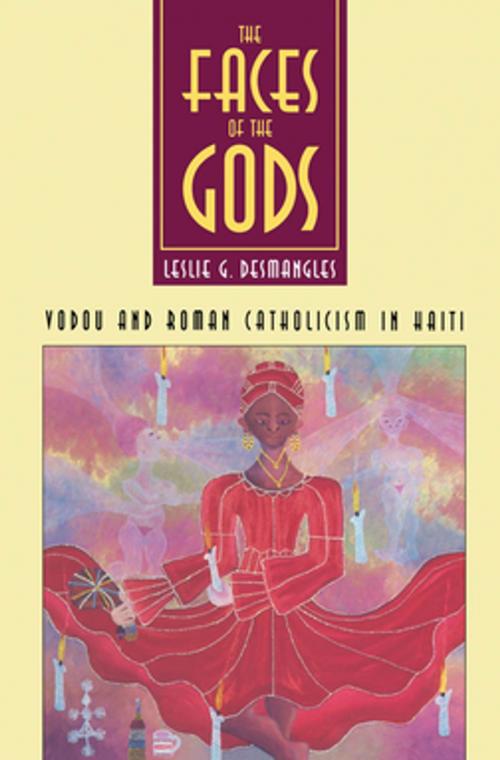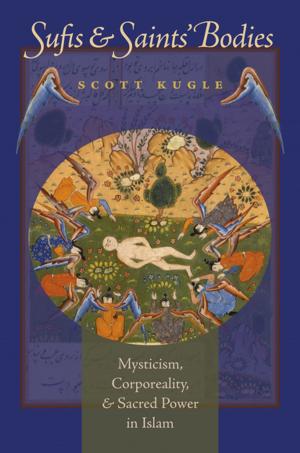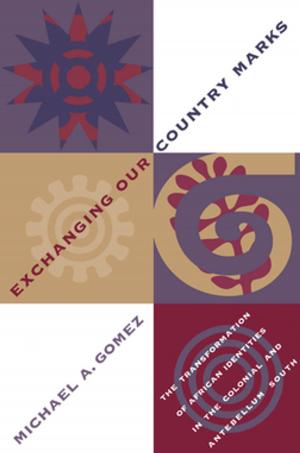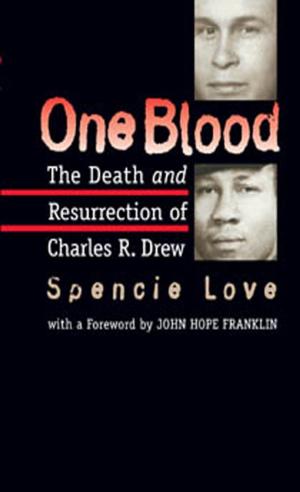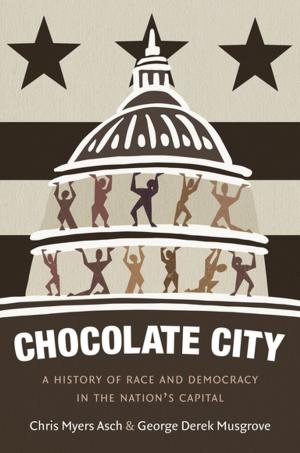The Faces of the Gods
Vodou and Roman Catholicism in Haiti
Nonfiction, Religion & Spirituality, Other Practices, Ethnic & Tribal, Social & Cultural Studies, Social Science, Folklore & Mythology, Christianity, Denominations, Catholic, Catholicism| Author: | Leslie G. Desmangles | ISBN: | 9780807861011 |
| Publisher: | The University of North Carolina Press | Publication: | November 9, 2000 |
| Imprint: | The University of North Carolina Press | Language: | English |
| Author: | Leslie G. Desmangles |
| ISBN: | 9780807861011 |
| Publisher: | The University of North Carolina Press |
| Publication: | November 9, 2000 |
| Imprint: | The University of North Carolina Press |
| Language: | English |
Vodou, the folk religion of Haiti, is a by-product of the contact between Roman Catholicism and African and Amerindian traditional religions. In this book, Leslie Desmangles analyzes the mythology and rituals of Vodou, focusing particularly on the inclusion of West African and European elements in Vodouisants' beliefs and practices.
Desmangles sees Vodou not simply as a grafting of European religious traditions onto African stock, but as a true creole phenomenon, born out of the oppressive conditions of slavery and the necessary adaptation of slaves to a New World environment.
Desmangles uses Haitian history to explain this phenomenon, paying particular attention to the role of the seventeenth- and eighteenth-century maroon communities in preserving African traditions and the attempts by the Catholic, educated elite to suppress African-based "superstitions." The result is a society in which one religion, Catholicism, is visible and official; the other, Vodou, is unofficial and largely secretive.
Vodou, the folk religion of Haiti, is a by-product of the contact between Roman Catholicism and African and Amerindian traditional religions. In this book, Leslie Desmangles analyzes the mythology and rituals of Vodou, focusing particularly on the inclusion of West African and European elements in Vodouisants' beliefs and practices.
Desmangles sees Vodou not simply as a grafting of European religious traditions onto African stock, but as a true creole phenomenon, born out of the oppressive conditions of slavery and the necessary adaptation of slaves to a New World environment.
Desmangles uses Haitian history to explain this phenomenon, paying particular attention to the role of the seventeenth- and eighteenth-century maroon communities in preserving African traditions and the attempts by the Catholic, educated elite to suppress African-based "superstitions." The result is a society in which one religion, Catholicism, is visible and official; the other, Vodou, is unofficial and largely secretive.
